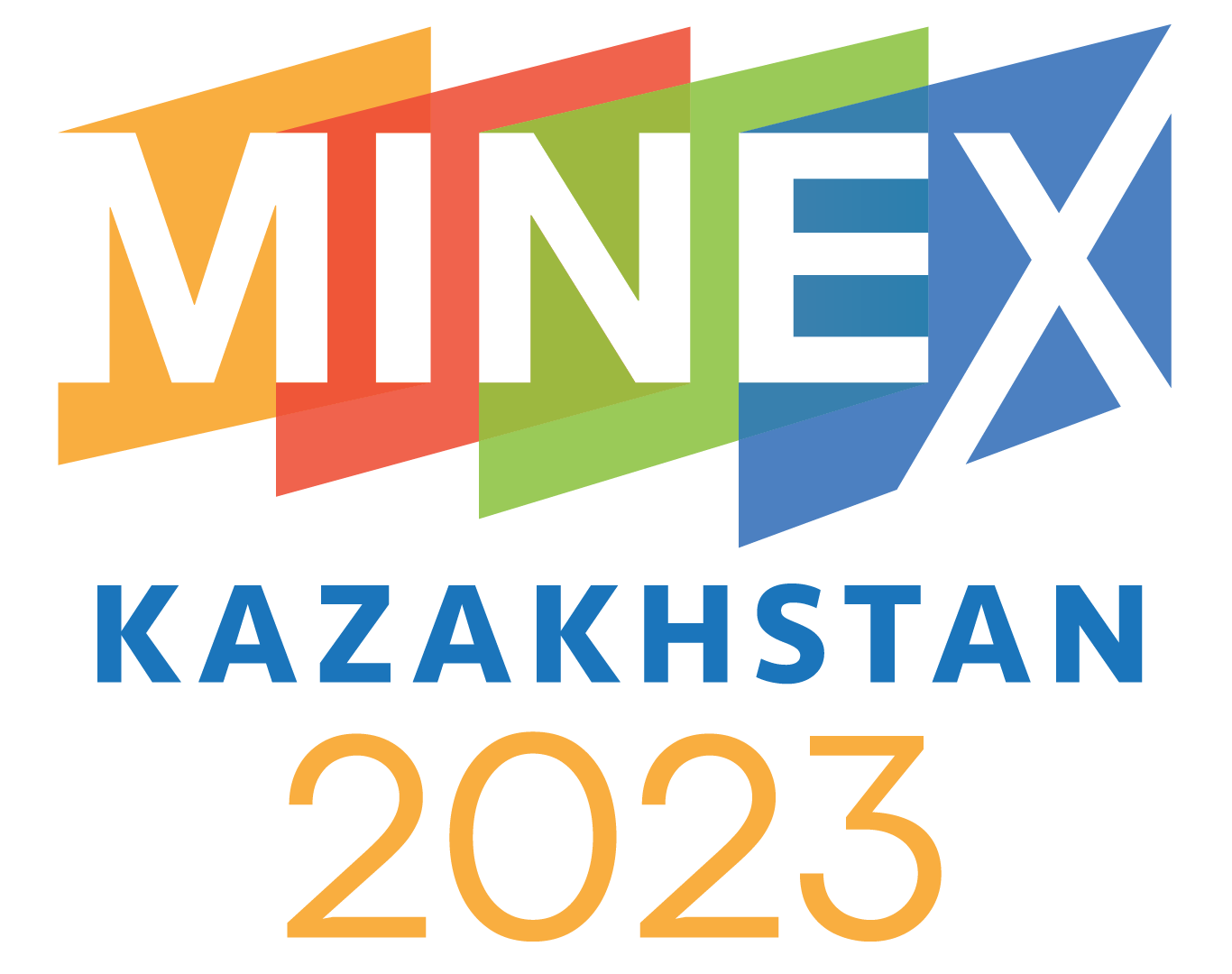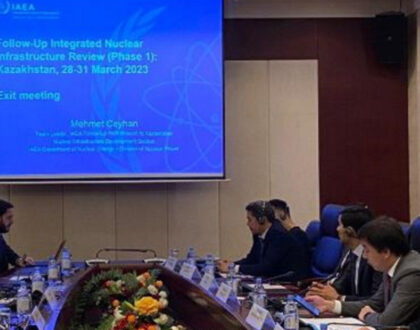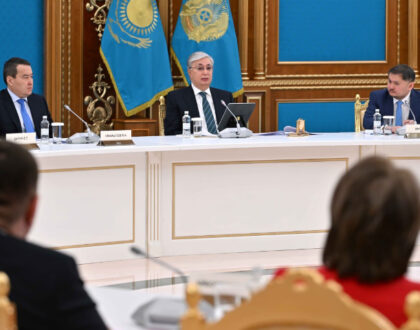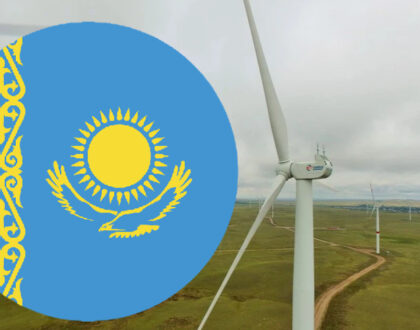Ban on export of scrap and waste ferrous and nonferrous metals extended
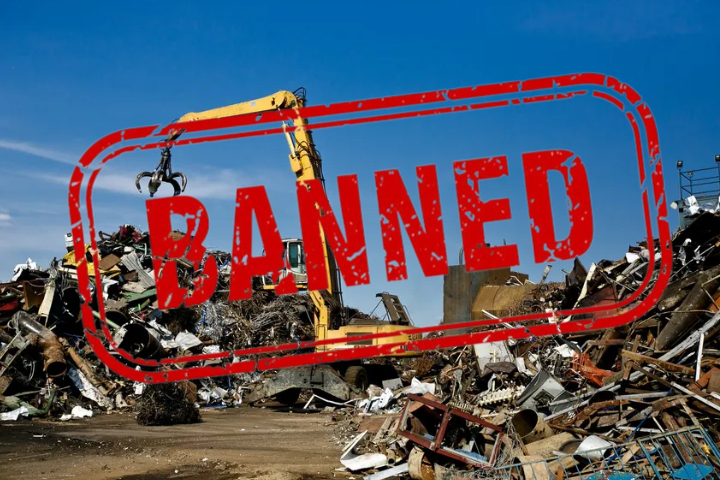
A ban on the export of scrap and waste ferrous and nonferrous metals introduced by Kazakhstan on May 6, 2022 will be extended for six more months. The full text of the draft order “On some issues of transportation of scrap and waste of ferrous and non-ferrous metals” can be found at the link.
The Committee for Industrial Development’s draft order is now available on the Open NLA portal for public discussion until March 3, 2023. According to the order, scrap and waste of non-ferrous metals will be banned from export for six months, and scrap and waste of ferrous metals will also be prohibited for six months by road and sea transport, based on the HS codes of the EAEU. The goal is to address scrap shortages in domestic enterprises and combat illegal trafficking. The ban includes various types of scrap metal and waste, such as copper, aluminium, lead, lead batteries, waste and scrap containing lead, cadmium or mercury, ferrous waste and scrap, ferrous metal ingots for remelting, alloy steel, used pipes, rails, and elements of railway track and rolling stock.
Kazakhstan’s MIIR introduced the temporary ban in response to the lack of scrap metal for local producers who rely on it as their primary raw material. Kazakhstan has over 20 major companies that use scrap metal to produce finished goods such as heating radiators, window profiles, car rims, cables, wires, fittings for construction, and pipes for the oil and gas industry. The total production of these companies exceeds 2 trillion tenge, exports exceed 2.5 billion dollars, and paid taxes exceed 100 billion tenge. However, Kazakh processors are short of internal scrap circulation and have to import recyclable materials from neighbouring countries.
